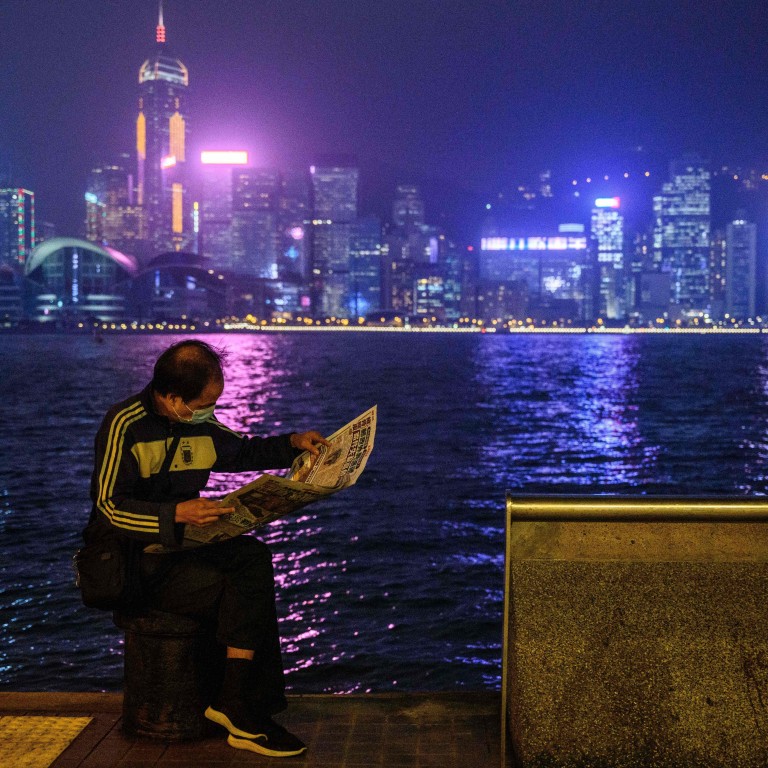
Hong Kong retail investors, pensioners to feel the pinch as Tracker Fund falls in line with US sanctions and out of sync with Hang Seng Index
- Set up in Hong Kong 21 years ago, the fund is managed by State Street Global Advisors Asia, which must follow United States regulations
- Tracker Fund is the most widely held investment by Hongkongers
While the fund was set up in Hong Kong 21 years ago, it is managed by State Street Global Advisors Asia, a unit of the Boston-based company, and must follow United States regulations. Its investment portfolio amounts to HK$105.3 billion (US$13.6 billion).
“The consequence of the Tracker Fund’s decision means it will no longer perform in line with the Hang Seng Index,” said Stewart Aldcroft, chairman of Hong Kong pension company Cititrust. “This will not be liked by some investors. In addition, US investors, including hedge funds, pension funds and others will be required to disinfect from Tracker Fund under the new US order.”
Tracker Fund is popular because it is simple to trade, it is cheap and because it tracks the Hang Seng Index. The more than 184,000 Hong Kong retail investors that bought the fund at HK$11.5 per share at its initial public offering in 1999 will have more than doubled their money as of Monday, when the fund closed at HK$28.12. Moreover, the city’s 12 Mandatory Provident Fund investment funds use Tracker Fund to make investment decisions, making it the most widely held investment by Hongkongers.
“Tracker Fund may not be able to continue to have the same strong performance as the Hang Seng Index because of the sanctions,” said Gordon Tsui, the chairman of industry body Hong Kong Securities Association. “It is possible some investors may call for a change in the manager to a non-US company, so as to escape the sanction requirements.”
Tracker Fund still popular years after Hong Kong created ETF to dispose of shares bought during 1998 crisis
China has vowed to retaliate against measures it deemed as unjustified extraterritorial attacks on local companies. The government unveiled a new measure, known as “Rules on Counteracting Unjustified Extraterritorial Application of Foreign Legislation and Other Measures”, to block persons or companies from complying with such sanctions.
The Tracker Fund was created in November 1999 to dispose of the government’s equity holdings built up through market intervention during the Asian financial crisis in 1998 to arrest the slump. The fund lost 3.5 per cent in 2020 and gained 12.7 per cent in 2019, including reinvested dividends, according to its website. Its top three holdings are AIA Group (HK$11.2 billion), Tencent Holdings (HK$9.94 billion) and HSBC (HK$8.4 billion).
On Monday, Hang Seng Bank slipped 1.1 per cent to HK$145.9 while its parent, HSBC, retreated 0.9 per cent to HK$43 in local trading. Tracker Fund, or TraHK, added 0.4 per cent to HK$28.12.

